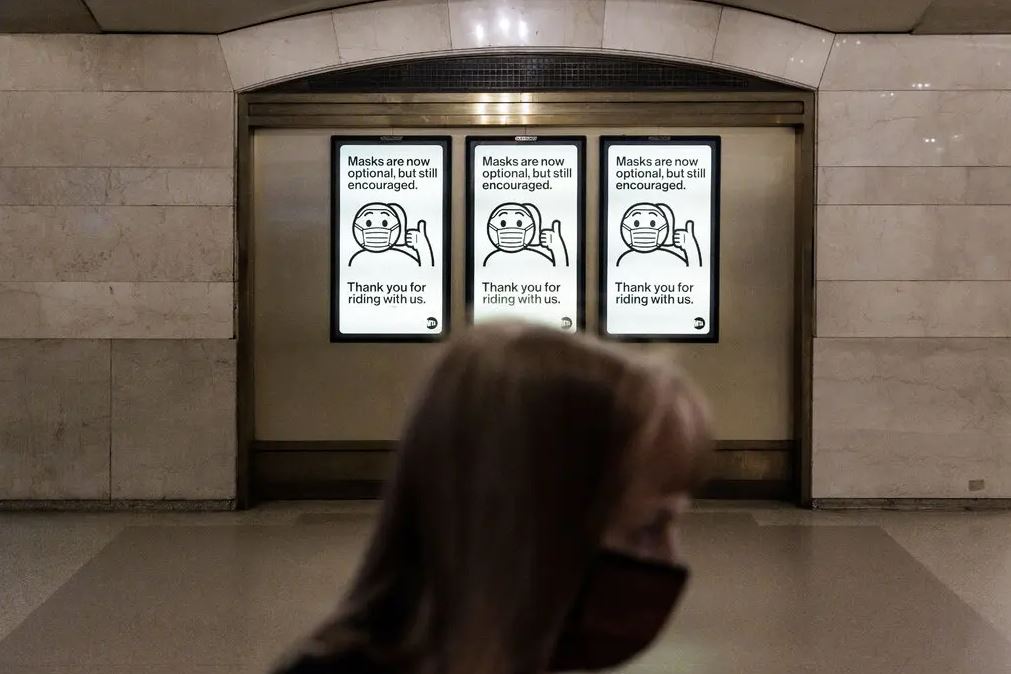Food and Drug Administration (FDA) recommended the approval of two vaccines for the respiratory syncytial virus (RSV) in older adults. These vaccines, from Pfizer and GlaxoSmithKline (GSK), would be available for those 60 and older. The FDA typically follows advisory committee decisions and could grant formal approval within the coming months.
According to the FDA, RSV is linked to 6,000 to 10,000 deaths annually in adults aged 65 and older, and at least 60,000 hospitalizations in that group. It is also a leading killer of children worldwide. This winter, RSV contributed to the tripledemic, along with flu and COVID cases, which overwhelmed children’s hospitals and some ICU wards. Although caseloads have recently decreased, AstraZeneca and Sanofi are seeking FDA approval for a monoclonal antibody treatment that aims to protect infants and toddlers up to 2 years old from RSV infections.
Pfizer is seeking separate approval for an RSV vaccine given in the later stages of pregnancy to protect infants. In its study, the vaccine was 82% effective in preventing severe RSV in the first 90 days after birth, although its efficacy decreased to 69% by the time infants were six months old.
During the panel meetings this week, the FDA advisers debated the benefits of the vaccines for RSV patients who mostly avoided hospitalization, against the few concerning reports of autoimmune conditions such as Guillain-Barré syndrome that emerged shortly after administering the shots.
The Pfizer vaccine was nearly 67% effective in preventing RSV-related lower respiratory tract illness, which can lead to pneumonia. It was also nearly 86% effective in treating the disease with three or more symptoms, according to data. The GSK vaccine was nearly 83% effective in lower respiratory tract illness in its study of about 25,000 patients.
However, several panel members expressed concerns about the side effects reported with each vaccine. One Pfizer vaccine recipient developed Guillain-Barré syndrome after seven days, and another developed a similar syndrome eight days after receiving the shot. In the GSK study, a recipient developed Guillain-Barré nine days after getting the vaccine and spent six months in rehabilitation. Two other recipients from South Africa developed acute disseminated encephalomyelitis, a neurological disorder, and one died. The cases were considered “possibly related” to the vaccine, and both patients received a flu vaccine at the same time as the RSV shot.
Dr. Henry Bernstein from the Zucker School of Medicine at Hofstra University emphasized that monitoring the safety of the vaccines after approval would be essential, given that the effort to create an RSV vaccine has taken years.

